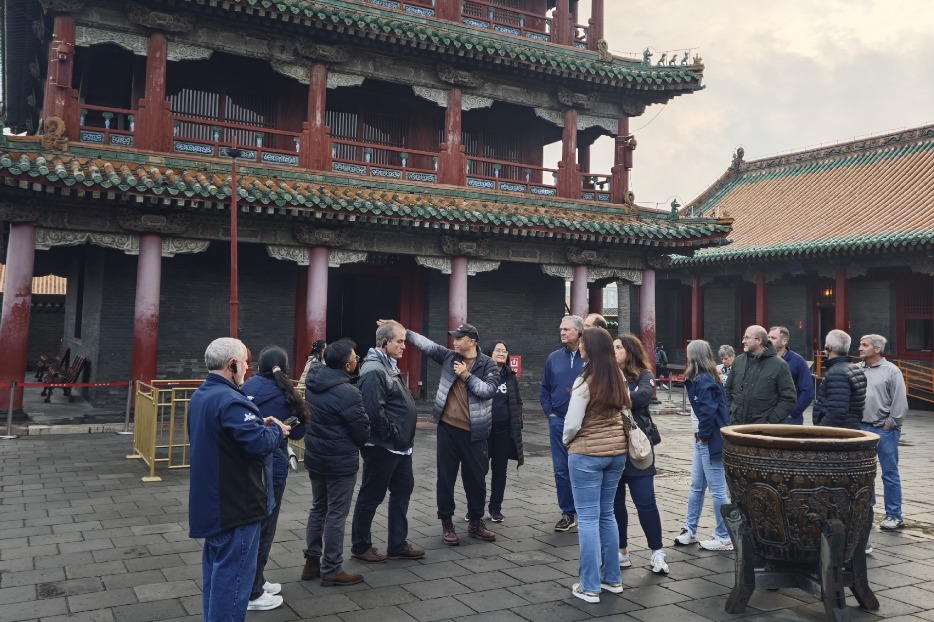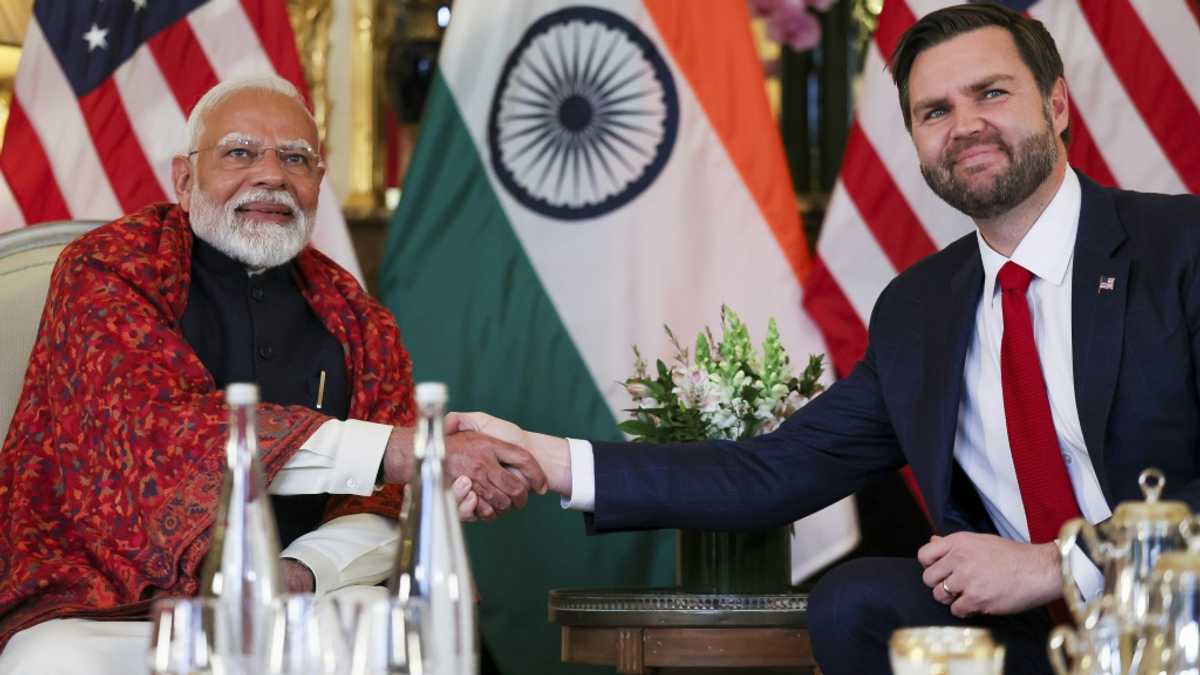China criticizes nations appeasing US in trade deals amid tariff tensions

China has issued strong warnings to countries considering trade agreements with the United States that could undermine China's interests. These warnings come amid ongoing trade tensions and tariff disputes between the U.S. and China. The core of the issue revolves around the U.S. imposing tariffs on various countries, including levies of up to 145% on Chinese goods, while also engaging in negotiations with other nations for potential trade concessions.
The Chinese Commerce Ministry has expressed firm opposition to any country seeking deals with the U.S. at China's expense. A spokesperson stated, "Appeasement will not bring peace, and compromise will not be respected," signaling that China views such actions as detrimental to fair international trade practices. China argues that seeking temporary, selfish interests at the expense of others will ultimately harm everyone involved.
The U.S., under President Trump's “America First” trade policy, has been using tariffs as leverage to pressure countries into restricting trade with China in exchange for tariff exemptions. Discussions have taken place with Japan, and similar talks are planned with South Korea and India. This approach is seen by China as a form of unilateral coercion and bullying.
China has vowed to take countermeasures against countries that compromise its interests, emphasizing its determination and capability to safeguard its rights. This stance reflects Beijing’s broader concern about the potential for an international order reverting to the “law of the jungle,” where stronger nations prey on weaker ones.
Despite the trade war, President Trump has indicated that the U.S. is in talks with China and expressed confidence that a deal could be reached. However, China has not confirmed these specific talks but has called for dialogue, while also condemning U.S. protectionism and unilateralism.
Several countries, including South Korea and Japan, are engaged in negotiations with the U.S. to mitigate the impact of tariffs. South Korea, with major exporters like Samsung and Hyundai, faces significant potential losses from U.S. levies. Japan sees its talks with the U.S. as a model for the world, highlighting its role as a major investor and job creator in the U.S.
China's President Xi Jinping has been actively working to bolster regional ties, urging trade partners to oppose unilateral bullying. He emphasized that there are no winners in trade wars, underscoring the importance of solidarity among nations in defending multilateral trade systems.
Critics have questioned the long-term effectiveness of Trump’s protectionist approach, cautioning that reestablishing robust domestic manufacturing could take years and may cause economic strain in the short term. While the administration touts early signs of reshoring investment, analysts warn of potential economic challenges.









